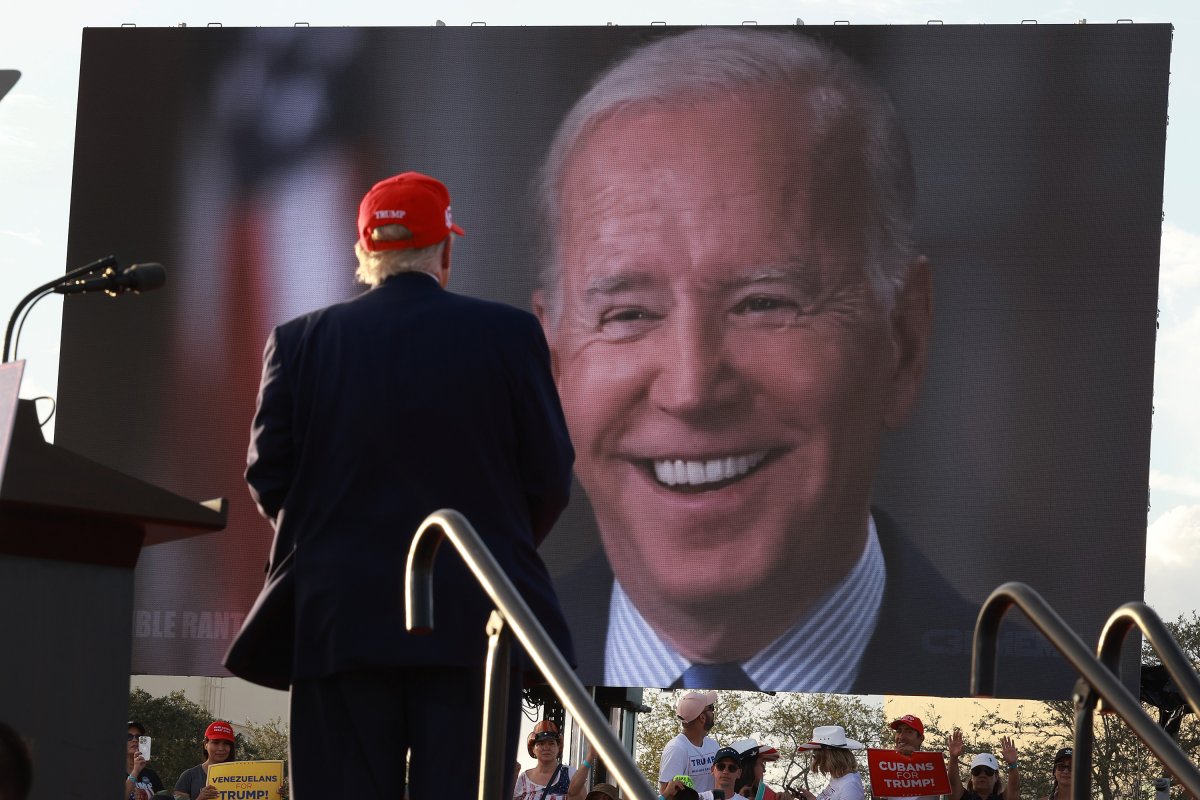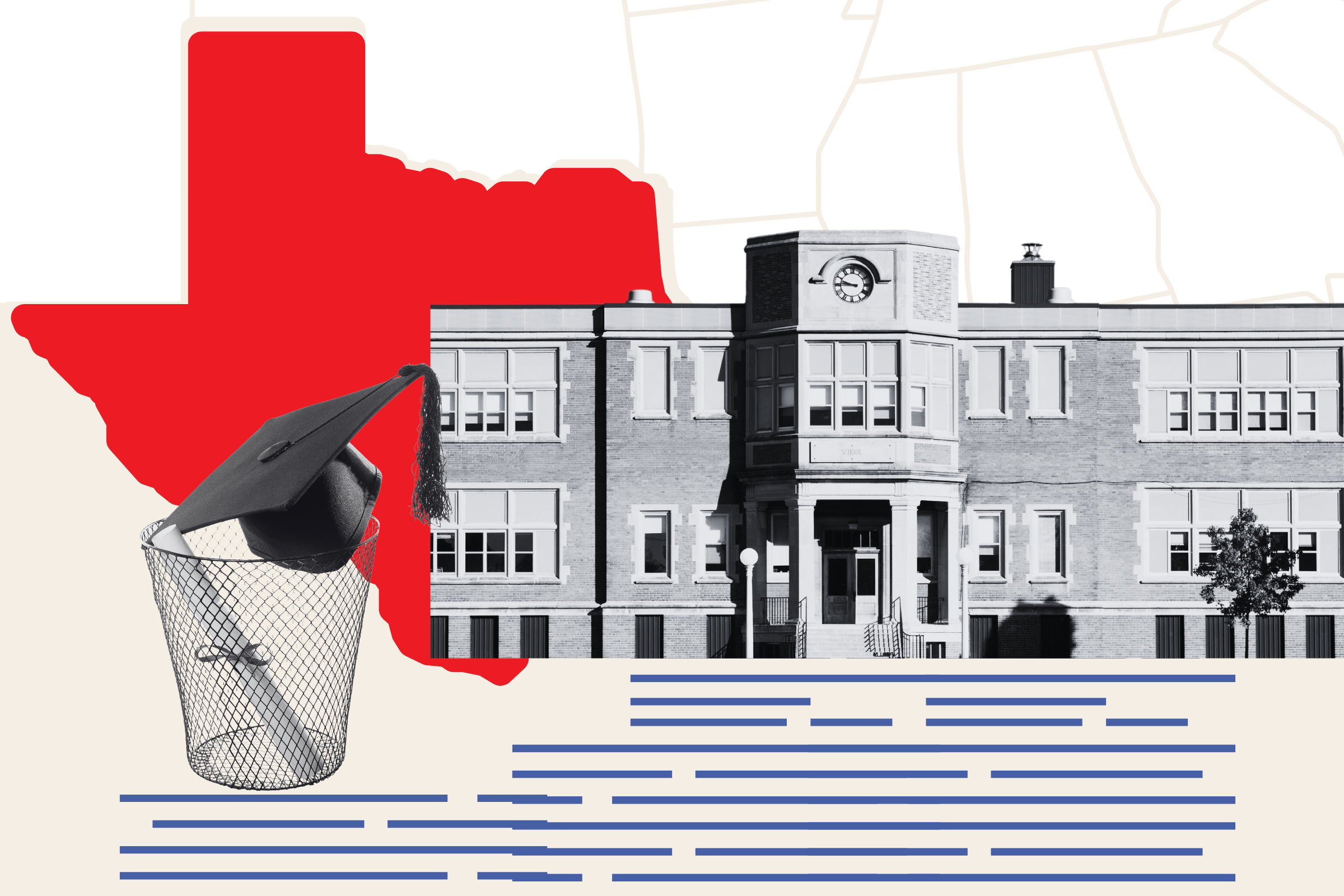The American political arena is littered with data. Some of it is valuable and leads to insightful commentary; much of it is garbage. Determining the difference between the two isn't always easy, even for people who make their living writing and reporting on politics.
The possibility of bias does affect coverage, particularly in the early stages of campaigns. Personal preference, even when it's subconscious, can influence one's confidence in a poll's accuracy. It can lead to the dismissal of polls that show a favored candidate running behind and to overestimation of the significance of polls that show the favored candidate in the lead.
Let's look at the current presidential race. Polls showing former president Donald Trump running ahead, especially in the so-called swing states, are reported with some suspicion as to their accuracy. The numbers, it's frequently implied, may be an invalid representation of voter sentiment in those states.
That is not the case for polls that show Biden gaining, running ahead, or within the error margin nationally in swing states or among important demographic groups favorable to Trump, like evangelicals. The same level of skepticism is simply not applied.
Nonetheless, the polls—even the early ones—are valuable indicators of a race's direction if one knows what to look for. The nuances matter. Different weights should be given to surveys of likely voters, which have generally been considered more reliable than those of registered voters or all adults.
Caution is crucial when interpreting the data. Understanding how a voter's propensity to cast a ballot is determined can be vital. It's worth asking how a particular poll differentiates between a registered voter and a likely voter. Were respondents merely asked about their voting intentions, or were they quizzed on their prior voting behavior? The more a poll delves into their background, the more reliable the response becomes.
Methodology matters, but even poorly constructed polls can offer useful information if you consider how they were conducted and how the data was analyzed.
"Early surveys describe the current situation. If nothing changed, this would be the result. This is the current equilibrium; the question is who can effectively disrupt it to their advantage, and do they understand how to do that," pollster David Winston told me.
They may also be correct, as far as it goes. Events, as former British prime minister Harold MacMillan famously said, tend to shape the course of elections. In January 2020, Trump's lead over then-former vice president Joe Biden was measured at somewhere between 3 and 5 points. Then the pandemic hit.

That was a big deal, but possibly not as much as the lockdowns that followed. The shuttering of a $21 trillion economy that threw millions of able-bodied people out of work and onto government relief may have affected their attitudes about the nation's political situation. It certainly would help explain, without having to accuse anyone of engaging in any kind of mischief, the shift of between 7 and 8 points that turned Trump's lead into a 4.5-point loss.
The national polls for 2024 have been consistent with what the state polls have been showing. That's important. Data ratify data. A recent poll in Virginia showed Biden up 5 points. That's down 5 points from where he was in 2020 and consistent with data in similar states and the national average.
Remember that Trump won the White House in 2016 while losing the popular vote. He won Pennsylvania and Michigan, states the GOP hadn't carried for president in decades. He lost them and the election in 2020 but improved his vote total by 7 million. A shift of fewer than 50,000 votes spread across four states would have put him back in the White House. The early polls may have had it right after all.
"In the 2024 presidential race, both front runners are already well known and have high unfavorables, similar to 2016. That makes it harder for campaigns to shift perceptions and get a message through. With the negatives both Trump and Biden have, late decision-making may be something we see similar to 2016," Winson, the founder of the eponymous Winston Group, said.
Several pollsters told me the persistence of the American elite's belief that Trump cannot be ahead because he is a loathsome creature could account for why early polls showing him ahead are dismissed as inaccurate, flawed, or rigged. That brings to mind the observation attributed to Pauline Kael after Richard Nixon won 49 states in the 1972 presidential election.
Kael, the movie critic for The New Yorker, is infamously believed to have told companions at a post-election dinner party she could not fathom the magnitude of Nixon's victory because no one she knew had voted for him.
Like Kael, today's elites can't fathom anyone seeing the election differently. They think Biden is doing a fine job. Their disconnect with what middle America is feeling is apparent, leading to column after column complaining that people don't understand that the economy is performing better than they think it is.
Elites think the president's campaign is only facing a messaging problem, not a reflection of the reality families everywhere face. Bidenflation has forced them to do more with less. Price volatility may have subsided, but the higher costs are still with us. If it's still "the economy, stupid," then there's plenty of reason to believe the early polls showing Trump ahead where it matters are right.
Newsweek Contributing Editor Peter Roff is a veteran journalist who appears regularly on U.S. and international media platforms. He can be reached at roffcolumns AT gmail.com and followed on social media @TheRoffDraft.
The views expressed in this article are the writer's own.
Uncommon Knowledge
Newsweek is committed to challenging conventional wisdom and finding connections in the search for common ground.
Newsweek is committed to challenging conventional wisdom and finding connections in the search for common ground.
About the writer
To read how Newsweek uses AI as a newsroom tool, Click here.








